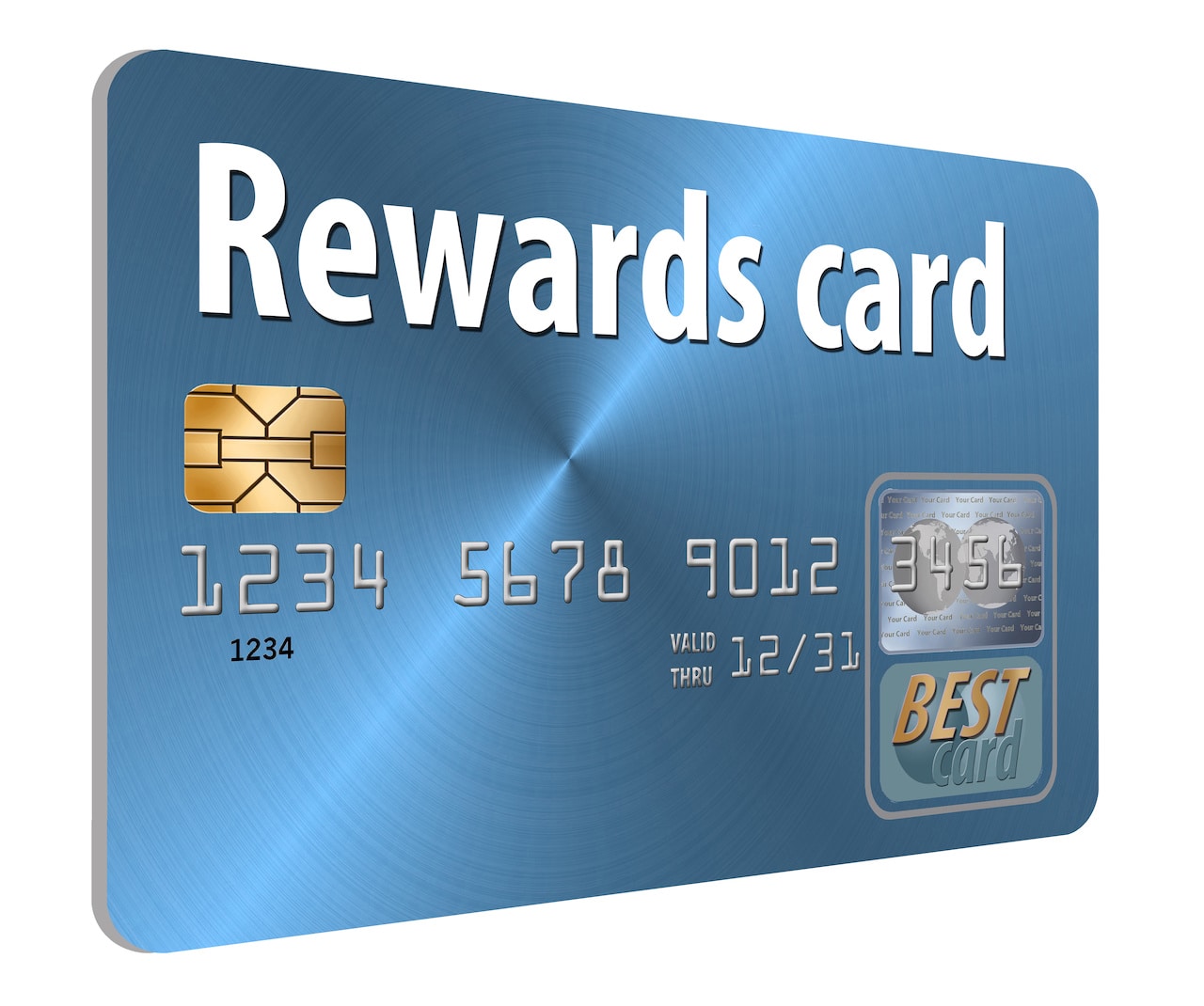Credit Sesame discusses rewards cards and who benefits the most from them.
A Federal Reserve study, “Who Pays for Your Rewards? Redistribution in the Credit Card Market,” compared the benefits and costs of rewards cards for cardholders. If you have good credit, chances are that you benefit when you use reward credit cards. If you have poor credit, rewards credit cards may cost you more than you earn in rewards.
Who pays for rewards cards?
Rewards credit cards offer customers a reward for every dollar spent. Examples of rewards include:
- Cash back: With cash back, you earn a percentage of your spending back in the form of cash. For example, if you have a credit card that offers 2% cash back on gas, you earn $2 for every $100 you spend on gas.
- Points: Points can be redeemed for various things, such as travel, merchandise, or gift cards. The value of points varies depending on the credit card and the redemption method.
- Miles: Miles can be redeemed for air travel. The number of miles you earn per dollar spent varies depending on the credit card and the airline.
- Travel rewards: Some credit cards offer travel rewards, such as free flights, hotel stays, or car rentals. These rewards can be redeemed for travel directly through the credit card issuer or through a travel partner.
- Other rewards: Some credit cards offer other rewards, such as discounts on merchandise, free movie tickets, or entry into sweepstakes.
There’s no such thing as a free lunch, so who pays for these rewards? Typically, the cost is offset by interest charges and credit card fees. You pay interest and fees even on cards that don’t offer rewards; so the Fed study looked at the cost difference between rewards and non-rewards credit cards.
The average rewards card costs $18 in interest charges per month, compared to $10 for the average non-rewards card. Fees average $3 per month for rewards cards and $2 per month for non-rewards cards. This means the average cost for rewards cards calculates to $21 a month versus $12 for non-rewards cards. The rewards exactly offset this difference. The average rewards card earns $9 per month, which is the difference between $21 and $12.
For the card issuer, they are no more or less expensive than non-rewards cards after netting out costs and rewards. However, for consumers, there are some clear winners and losers.
Rewards cards winners and losers
The study group comprised consumers living in the same ZIP code, in the same income percentile and banking at the same bank. Customers were placed into FICO credit score tiers and the average rewards value and costs were calculated. The contrast was most significant between sub-prime and super-prime consumers. Lower credit score groups tended to spend less with rewards cards and earn smaller rewards. However, they tended to carry balances longer than they did with non-rewards cards and so paid more interest. They also paid higher fees.
Sub-prime (below 660)
- $1.79 rewards earned monthly
- -$6.38 more in interest vs. non-rewards card
- -$0.78 more in fees vs. non-rewards card
- –$5.37 net loss vs. non-rewards card
Super-prime (above 780)
- $9.45 rewards earned monthly
- $7.09 less in interest vs. non-rewards card
- -$0.50 more in fees vs. non-rewards card
- $16.04 net gain vs. non-rewards card
Does this mean that lower credit scorers cannot reap the rewards? Not necessarily. Credit scores themselves have no impact on the rewards possible. Payment habits, on the other hand, make a big difference.
Payment habits make the difference
You must use the card to get the rewards but to net the benefits you need to carry a low balance or pay off every month to avoid incurring interest charges. People in high credit score groups were more likely to minimize their interest charges by paying their balances down each month. People with lower credit scores tended not to pay their balances off. The resulting extra interest charges were higher than the rewards they earned.
The bottom line is, regardless of credit score, you can benefit from rewards if you pay your balance off every month.
Efficient payment allocation matters
The study also highlighted another interesting difference in payment habits between people with low and high credit scores and examined how efficiently people allocated their payments. Efficient payment allocation is when most money is directed toward eliminating the debt with the highest interest rate.
People with high credit scores are much better at prioritizing their debts so that they pay down the most expensive debt first. High credit scores benefit from lower interest rates, and their payment habits make the most of that rate advantage.
The card issuer always wins with rewards cards
The Federal Reserve study also looked at fees paid by merchants. Each time you use your credit card, the merchant pays the card issuer an “interchange” fee for the convenience of taking payment by card. Usually, this is a fee plus a small percentage of the purchase price. For example, $0.05 plus 1.5%.
There is a push underway to limit and reduce interchange fees. This would benefit merchants, not consumers. It’s possible that reducing this revenue stream for card issuers may shift more of the cost burden of credit card rewards onto customers.
If you enjoyed Are rewards cards a good idea? you may like,
- Cash to Credit: The History of Credit Cards
- One, Two, Three, More? What is the Right Number of Credit Cards?
Disclaimer: The article and information provided here is for informational purposes only and is not intended as a substitute for professional advice.




















